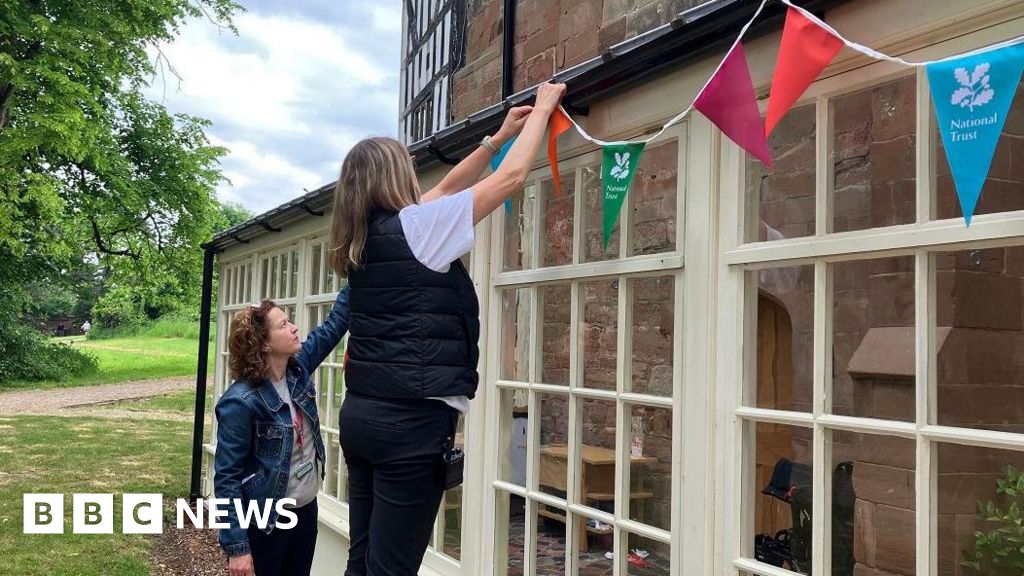SANTA CLARA, CALIFORNIA – MARCH 10: A Brinks armored truck sits parked in front of the shuttered … [+]
Getty Images
A logical and necessary step after any crisis is to determine the cause and what can be done to prevent it from happening again.
Two federal agencies did just that yesterday in the aftermath of the failure last month of Silicon Valley Bank.
The Federal Reserve blamed itself for failing to “take forceful enough action” to address the risks the bank took that led to the headline-making collapse of the financial institution.
Critical Review
“A sweeping—and highly critical— review conducted by Michael S. Barr, the Fed’s vice chair for supervision, identified lax oversight of the bank and said its collapse demonstrated “weaknesses in regulation and supervision that must be addressed,” the New York Times reported.
“Regulatory standards for SVB were too low, the supervision of SVB did not work with sufficient force and urgency, and contagion from the firm’s failure posed systemic consequences not contemplated by the Federal Reserve’s tailoring framework,” Mr. Barr wrote in a letter accompanying the report.
Raising Critical Questions
SANTA CLARA, CALIFORNIA – MARCH 10: A Brinks armored truck sits parked in front of the shuttered … [+]
Getty Images
The General Accountability Office chimed in as well, noting in a report yesterday that the SVB’s failure “raised questions about bank management, federal supervision, and the events leading to regulators’ decisions to use emergency authorities.”
Last month the House and Senate held hearings into the crisis as well.
It made sense, of course, that the FDIC, General Accountability Office, and Congress would quickly look into the collapse of a government-regulated organization. In other parts of the corporate world, however, decisions about who should investigate a crisis may not be as obvious, clear-cut, or easy to determine.
Optics Matter
A lot can be at stake. Indeed, if not properly handled, a post-crisis investigation can trigger another crisis by raising questions or doubts about the credibility, objectivity, and validity of the inquiry,
Inside Or Outside?
A fundamental question corporate leaders will face is whether an investigation should be conducted by those in the organization, or be farmed out to independent counsel, experts, or others.
The answer can help determine how the inquiry will be perceived, and how the findings will be received, and the steps that are taken to ensure the crisis is not repeated. By having an external investigation —instead of one that is conducted in-house—the conclusions and recommendations will often be considered more credible and objective.
That’s why companies and organizations might decide to hire outside firms—such as attorneys, accountants, other experts, or prominent individuals—to conduct thorough and speedy investigations. Their jobs are to find out what happened, why it happened, and what can be done to ensure it does not happen again.
For example, the United States Soccer Federation hired former U.S. Attorney General Sally Yates to investigate allegations of sexual abuse of players. Her report about the scandal made headlines around the world.
Reality Check
Depending on the nature of the crisis—such as fraud, embezzlement, sexual abuse, or other illegal activity—companies might not have a say about the investigation because these would naturally be investigated by law enforcement agencies.
Credit: Source link










